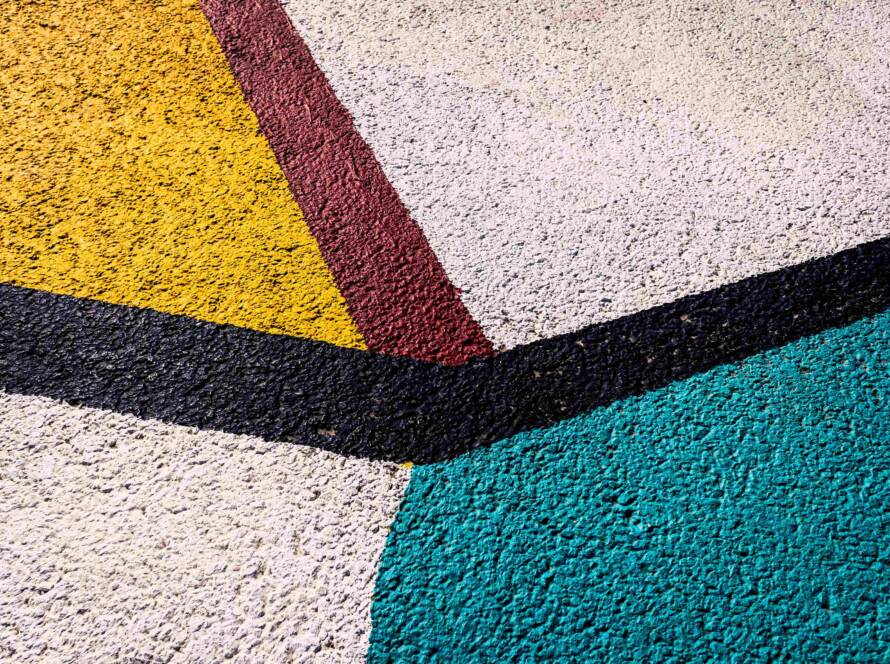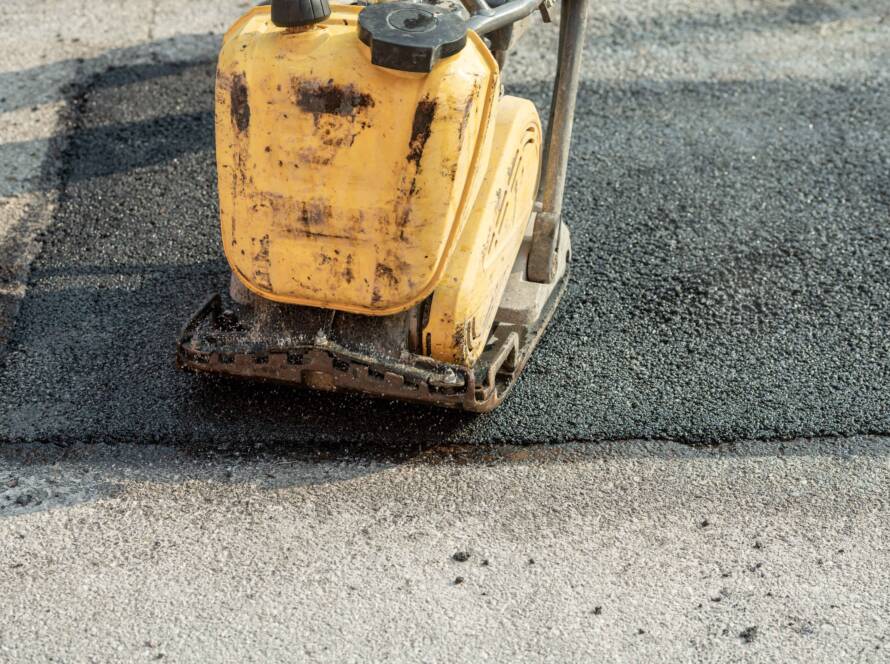When it comes to constructing or refurbishing roads, driveways, or pathways, choosing the right road surfacing materials is critical. The material used not only impacts the durability and aesthetics of a surface but also affects safety, cost, and maintenance requirements.
In this article, we’ll break down the most widely used surfacing materials, highlight their key features, and explain which surfaces they’re best suited for—whether you’re a homeowner, a business owner, or seeking solutions from commercial tarmac contractors in Hertfordshire.
1. Tarmac
Tarmac, short for tarmacadam, is one of the most common road surfacing materials used across the UK. It’s created by mixing crushed stone with tar, resulting in a strong, flexible surface that performs well under traffic stress.
Key Benefits:
- Cost-effective for large-scale applications
- Quick installation and curing time
- Low maintenance requirements
Tarmac is ideal for everything from tarmac driveway Hertfordshire projects to car park tarmac services in Hertfordshire, thanks to its versatility and resilience.
📌 Looking for professional installation? Explore tarmac services and more here.
2. Asphalt
Although often confused with tarmac, asphalt uses bitumen (a petroleum product) instead of tar. This makes it more durable and weather-resistant, especially in high-traffic areas.
Common Applications:
- Motorways and A-roads
- Industrial loading areas
- Long stretches of rural roads
Asphalt is highly suitable for commercial and heavy-use environments. For those seeking tarmac surfacing Hertfordshire options, asphalt may be the better choice for long-term performance.

3. Resin-Bound Surfacing
Resin-bound systems combine decorative aggregates with resin to create a smooth, highly permeable surface. This is ideal for areas where water drainage and visual appeal are priorities.
Why Choose Resin?
- Permeable (helps reduce flooding)
- Visually appealing with a wide range of colours
- Suitable for both residential and commercial applications
Resin is often used alongside tarmac pathway in Hertfordshire projects for added decorative contrast or installed in modern domestic driveways.
4. Concrete
Concrete is a hard-wearing option, especially for areas subject to heavy loads and static pressure, such as airport runways or industrial yards. However, it’s less flexible than tarmac or asphalt, which makes it prone to cracking over time.
Pros:
- Excellent load-bearing capacity
- Long lifespan when properly maintained
- Can be patterned or coloured for decorative finishes
For larger developments, concrete is often considered during early tarmac installation in Hertfordshire planning, particularly when layering is involved.
5. Gravel
Gravel remains popular in rural or temporary applications due to its affordability and ease of installation. While it doesn’t provide the same durability as other surfacing materials, it’s often used for:
- Farm roads
- Temporary car parks
- Low-traffic driveways
Bear in mind that gravel can scatter and requires frequent maintenance, making it less ideal for urban settings or commercial areas.
Which Road Surfacing Material Is Right for You?
Choosing between these road surfacing materials depends on a few key factors:
- Traffic Type: Light pedestrian or heavy vehicular use?
- Aesthetic Requirements: Do you want a natural or modern look?
- Budget: Are you working within financial constraints?
- Maintenance Willingness: Do you want a low-maintenance surface?
For homeowners, a tarmac driveway Hertfordshire project may benefit from a tarmac or resin finish. For businesses, especially those requiring car park tarmac services in Hertfordshire, asphalt is often the preferred choice.
Work With Local Experts
Choosing the right material is only half the battle—the quality of the installation matters just as much. That’s why it’s important to work with trusted commercial tarmac contractors in Hertfordshire who can assess your site conditions, suggest the best material, and deliver a lasting solution.
Whether you’re improving a tarmac pathway in Hertfordshire or undertaking a full-scale tarmac installation in Hertfordshire, our team has the experience to guide your project from planning to completion.
✅ Get started with a trusted local team—visit Total Surfacing Solutions today.
Conclusion
Understanding the different types of road surfacing materials empowers you to make smarter, longer-lasting decisions—whether you’re resurfacing a local road, upgrading a driveway, or planning a commercial car park. From tarmac and asphalt to resin and concrete, the right choice depends on your unique needs and site conditions.
Need advice or a quote? Contact your local surfacing experts today and pave the way to a more durable, attractive surface.



